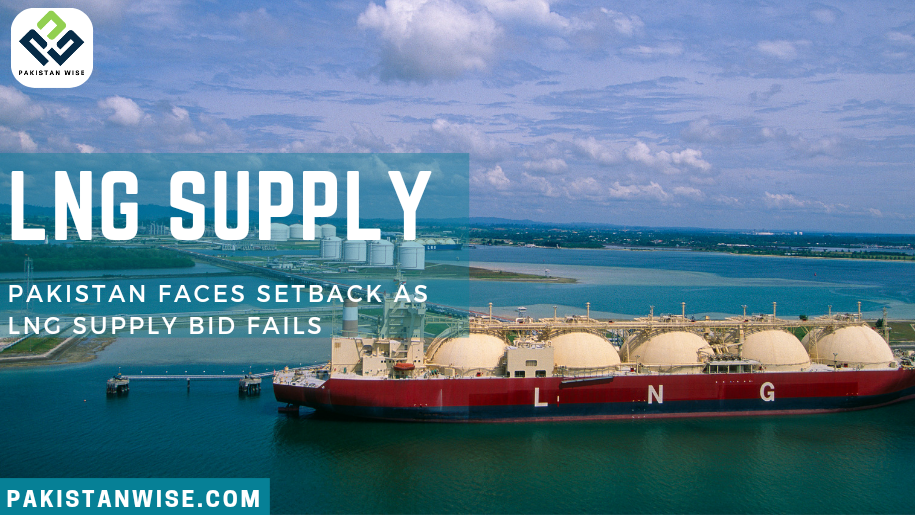In a major setback for Pakistan, the country’s efforts to secure liquefied natural gas (LNG) from the spot market have proven unsuccessful. Pakistan LNG Limited (PLL) recently announced that it received no bids for the six LNG supply shipments it sought for the upcoming winter months. This development comes as a blow to Pakistan, as its strained relations with the International Monetary Fund (IMF), credit rating concerns, and foreign exchange limitations have deterred LNG traders from participating in the bidding process.
Pakistan has been grappling with various challenges in its quest for LNG supplies. One of the key obstacles has been the difficulty in obtaining letters of credit for necessary imports. This hurdle has significantly hindered Pakistan’s ability to secure LNG supplies in the past. Since June of last year, PLL has been facing ongoing difficulties in securing LNG cargo, leading to dire consequences such as increased electricity load shedding and rationing of gas supplies. The consequences of these energy shortages have been felt by both domestic consumers and the export sector, exacerbating the country’s economic woes.
To address its LNG supply challenges, PLL has issued a separate tender for three additional LNG cargoes. This tender will also serve as a test for Pakistan’s government-to-government supply contract with Azerbaijan. The outcome of this new tender will be closely watched, as it may hold the key to Pakistan’s future LNG procurement strategy.
The failure to secure LNG shipments from the spot market is a setback for Pakistan’s energy sector. LNG plays a vital role in meeting the country’s growing energy demands and reducing its reliance on expensive and environmentally detrimental fuel sources. Without a steady supply of LNG, Pakistan’s energy security is at risk, which could have far-reaching consequences for its economy and the well-being of its citizens.
One of the major factors deterring LNG traders from participating in the bidding process is Pakistan’s strained relations with the IMF. The country has been struggling to meet the stringent conditions set by the IMF for its financial assistance program. These conditions include fiscal reforms, reduction of subsidies, and measures to improve the business climate. However, Pakistan’s progress in meeting these conditions has been slow, leading to concerns among potential LNG traders about the country’s ability to honor its contractual obligations.
Furthermore, Pakistan’s credit rating has also been a cause for concern. Lower credit ratings make it more difficult for the country to attract foreign investment and secure favorable financing terms. This, coupled with foreign exchange limitations, has further deterred LNG traders from engaging with Pakistan’s energy market.
The ongoing challenges faced by PLL in securing LNG shipments highlight the need for the Pakistani government to address the underlying issues affecting the energy sector. Efforts should be made to improve the business climate, attract foreign investment, and strengthen the country’s creditworthiness. Additionally, steps should be taken to streamline the process of obtaining letters of credit for necessary imports, ensuring a smoother procurement process for LNG supplies.
To improve the prospects of securing LNG shipments in the future, Pakistan should explore diversified sources of LNG, including long-term supply contracts with reliable partners. Government-to-government agreements, such as the one with Azerbaijan, can provide more stability and certainty in the procurement process.
In conclusion, Pakistan’s failure to secure LNG from the spot market is a significant setback for the country’s energy sector. Strained relations with the IMF, credit rating concerns, and foreign exchange limitations have deterred LNG traders from participating in the bidding process. The government must take proactive measures to address these issues and ensure a stable and reliable supply of LNG for the country’s energy needs.

